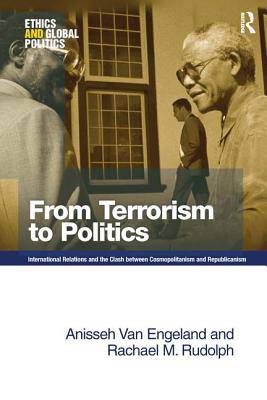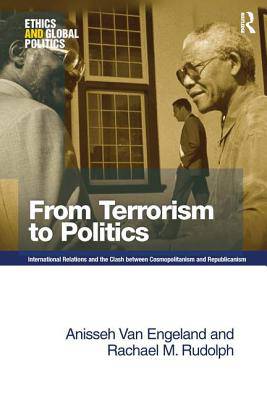
- Afhalen na 1 uur in een winkel met voorraad
- Gratis thuislevering in België vanaf € 30
- Ruim aanbod met 7 miljoen producten
- Afhalen na 1 uur in een winkel met voorraad
- Gratis thuislevering in België vanaf € 30
- Ruim aanbod met 7 miljoen producten
Zoeken
Omschrijving
How do terrorists become politicians? This book embraces a series of comparative case studies in order to examine important issues regarding the relationship between terrorism and political processes. It identifies the characteristics necessary for the transition from a 'terrorist' organization to a political party and situates this within broader debates about substantive ethical concerns motivating the distinction between legitimate politics and illegitimate violence. The volume offers a presentation of how some terrorist groups see the world in which they live. It also provides an understanding of how established democracies such as the US react to the phenomenon of the terrorist-politician transition. This is a useful resource for students and scholars of international relations, political ethics and comparative politics.
Specificaties
Betrokkenen
- Auteur(s):
- Uitgeverij:
Inhoud
- Aantal bladzijden:
- 230
- Taal:
- Engels
- Reeks:
Eigenschappen
- Productcode (EAN):
- 9780754649908
- Verschijningsdatum:
- 28/05/2008
- Uitvoering:
- Hardcover
- Formaat:
- Genaaid
- Afmetingen:
- 156 mm x 233 mm
- Gewicht:
- 589 g

Alleen bij Standaard Boekhandel
+ 405 punten op je klantenkaart van Standaard Boekhandel
Beoordelingen
We publiceren alleen reviews die voldoen aan de voorwaarden voor reviews. Bekijk onze voorwaarden voor reviews.











